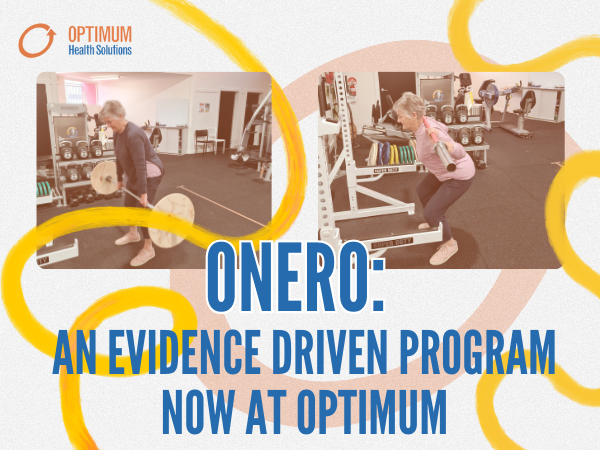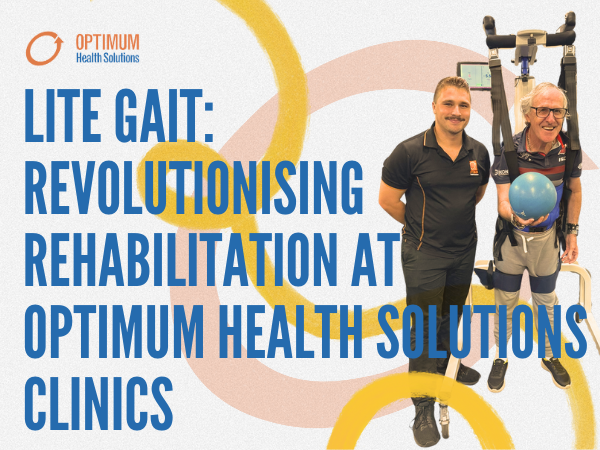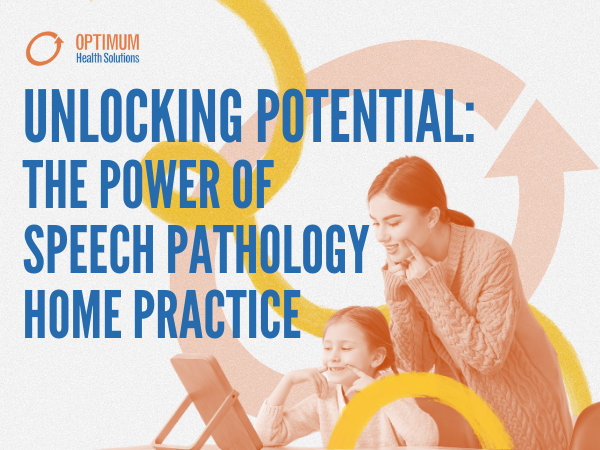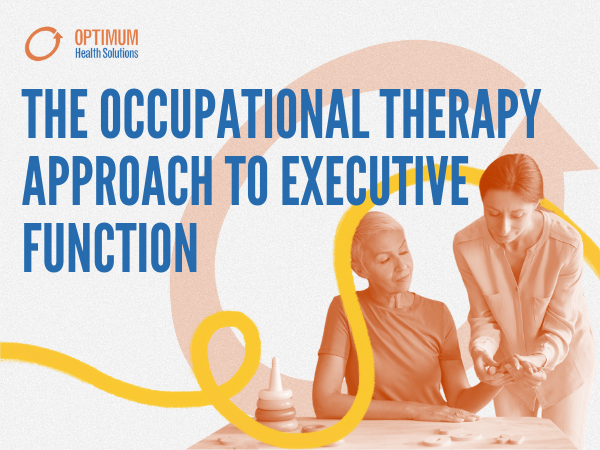We’ve all had times where we’ve forgotten an important date or appointment, misplaced our sunglasses (sometimes even when they’re on top of our head!), or had a word slip straight from the tip of our tongue into oblivion.
However, for a number of people with cognitive impairment, these mishaps are a daily occurrence and can quickly become frustrating for the individual and those around them. So what can we do? How can daily life be made easier and more enjoyable for people living with cognitive impairment?
What is cognitive impairment?
Cognitive impairment is the term used when an individual’s ability to think clearly, problem-solve, communicate and remember falls below a typical level. This change can be temporary or permanent and can occur in a progressive or rapid manner. Cognitive impairment can be experienced by anyone at any age.
What causes cognitive impairment?
There are many factors that may lead to cognitive impairment. It may be congenital or developed throughout the life span. A few of the reasons that may cause cognitive impairment include (however are not limited to):
- Brain Injury: Stroke, Cerebral Palsy, Acquired Brain Injury
- Disease: Parkinson’s Disease, Dementia, Muscular Dystrophy, Multiple Sclerosis
- Genetic and developmental diagnoses: Down Syndrome, Intellectual Disability
- Lifestyle factors: Alcoholism, Drug Use, Malnutrition
How can we help someone with a cognitive impairment?
OTs use a range of evidence-based treatment approaches to screen and monitor cognitive impairment and provide a range of interventions to help improve safety and function for a person with cognitive impairment. These include;
- Individual assessment of functional cognition, memory and problem-solving in everyday tasks
- Tailored therapy plans to address the assessed cognitive impairment and work towards an individual’s goals
- Education to family, carers and friends on ways to support someone with a cognitive impairment
- Identifying alternative approaches to tasks, to keep people doing what they need to, want to and love to do
- Assist with developing routines to aid with daily function
- Review the environments you live in and assist with modifications to reduce the risk of injury, from minor to major modifications
Exercise Physiology & Physiotherapy
- Improve control over body movements, coordination and balance
- Implement exercises to reduce the risk of falling and improve the ability to transfer
- Assess mobility and where necessary, prescribe mobility equipment to improve your safety
- Assist you to communicate with others using the best method based on individualised assessments and recommendations
- Assess your ability to manage to swallow and eat the foods and drinks you love
Living with a cognitive impairment yourself, or for a loved one can be a challenging and confronting time for everyone involved. However, with appropriate support, it is possible to increase safety and function as well as to optimise the quality of life. Our experienced Allied Health team is here to help every step of the way to ensure you are able to live your life to the fullest.








